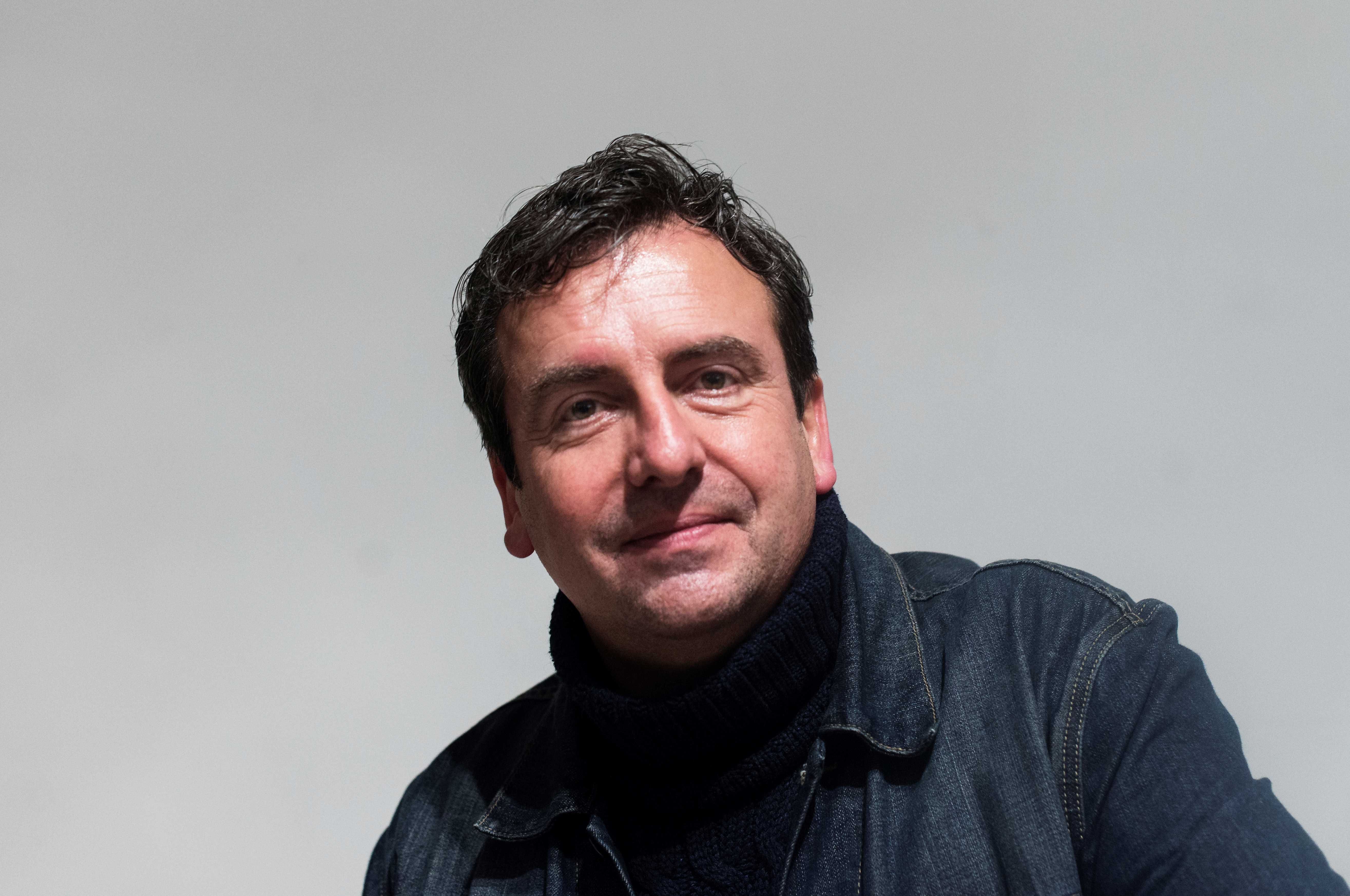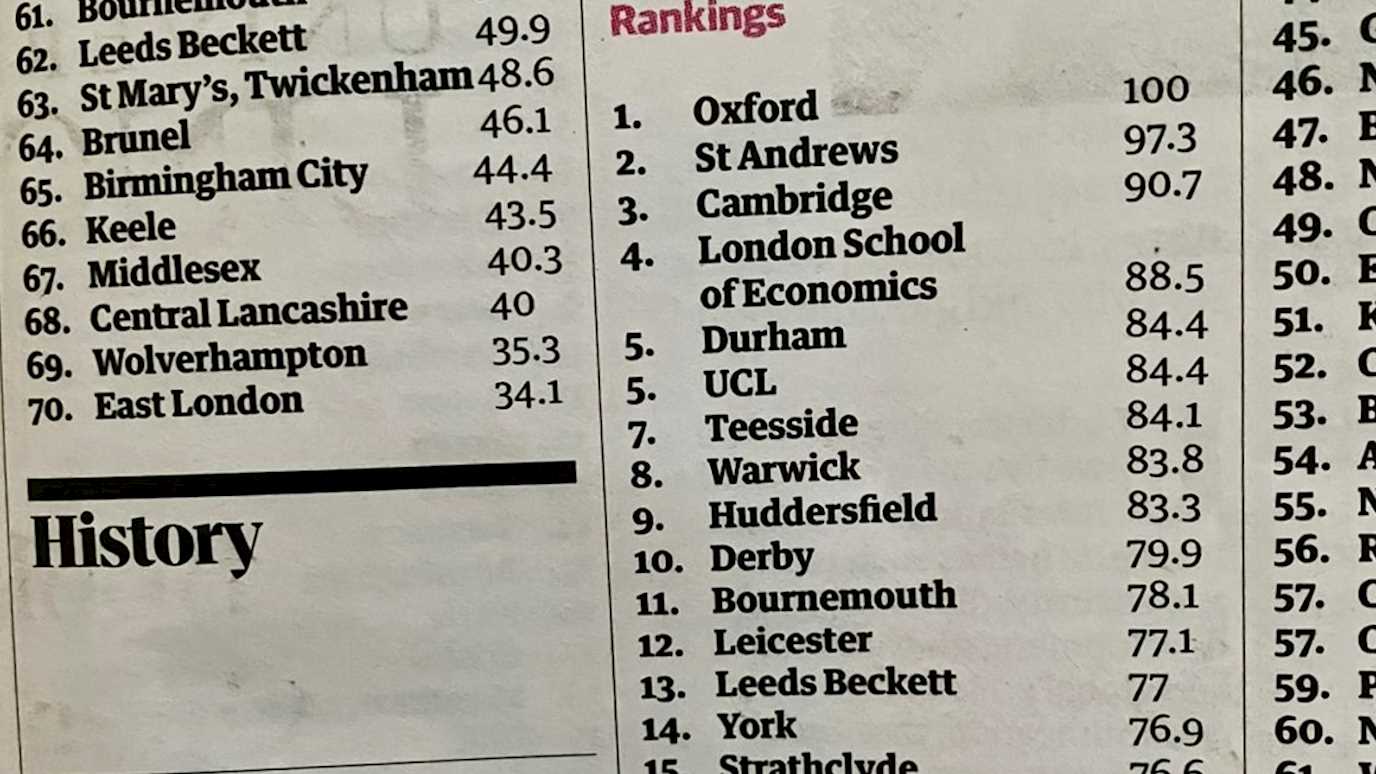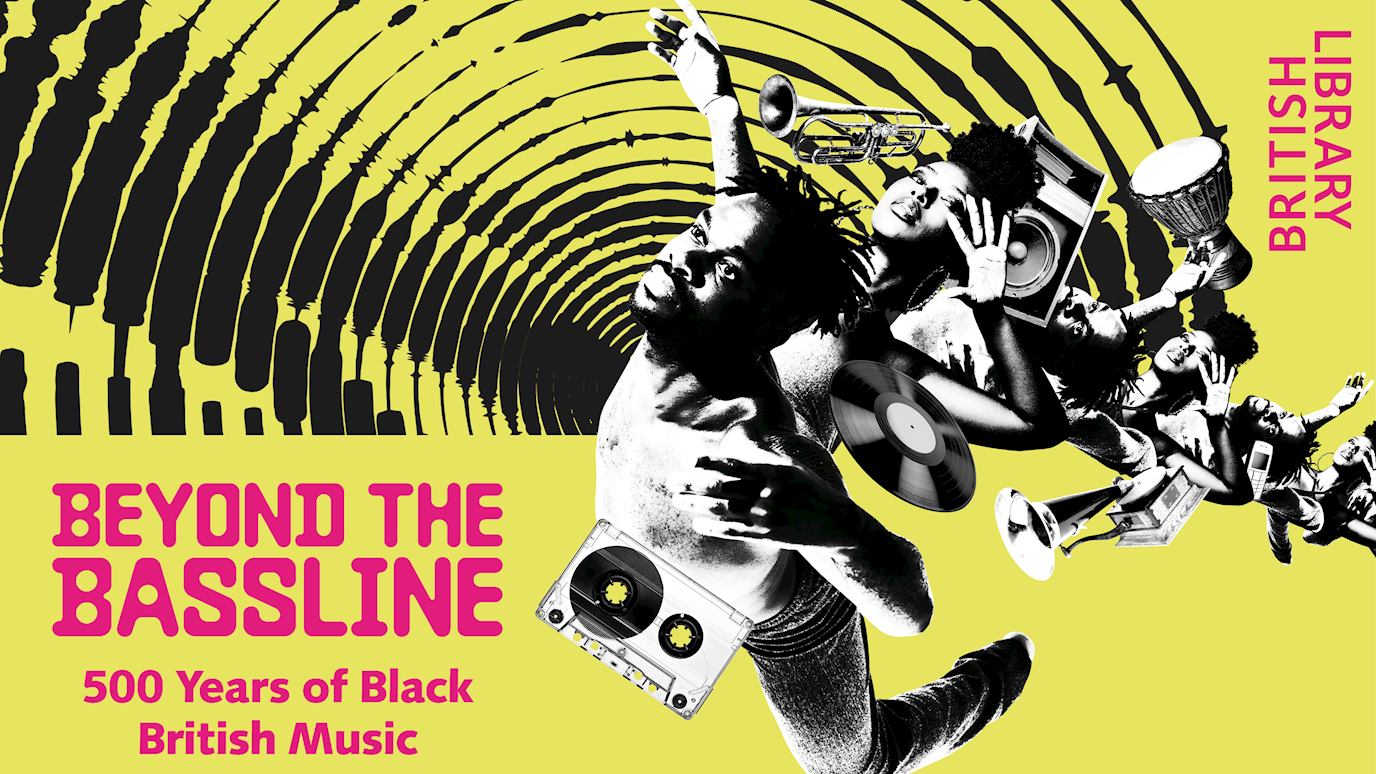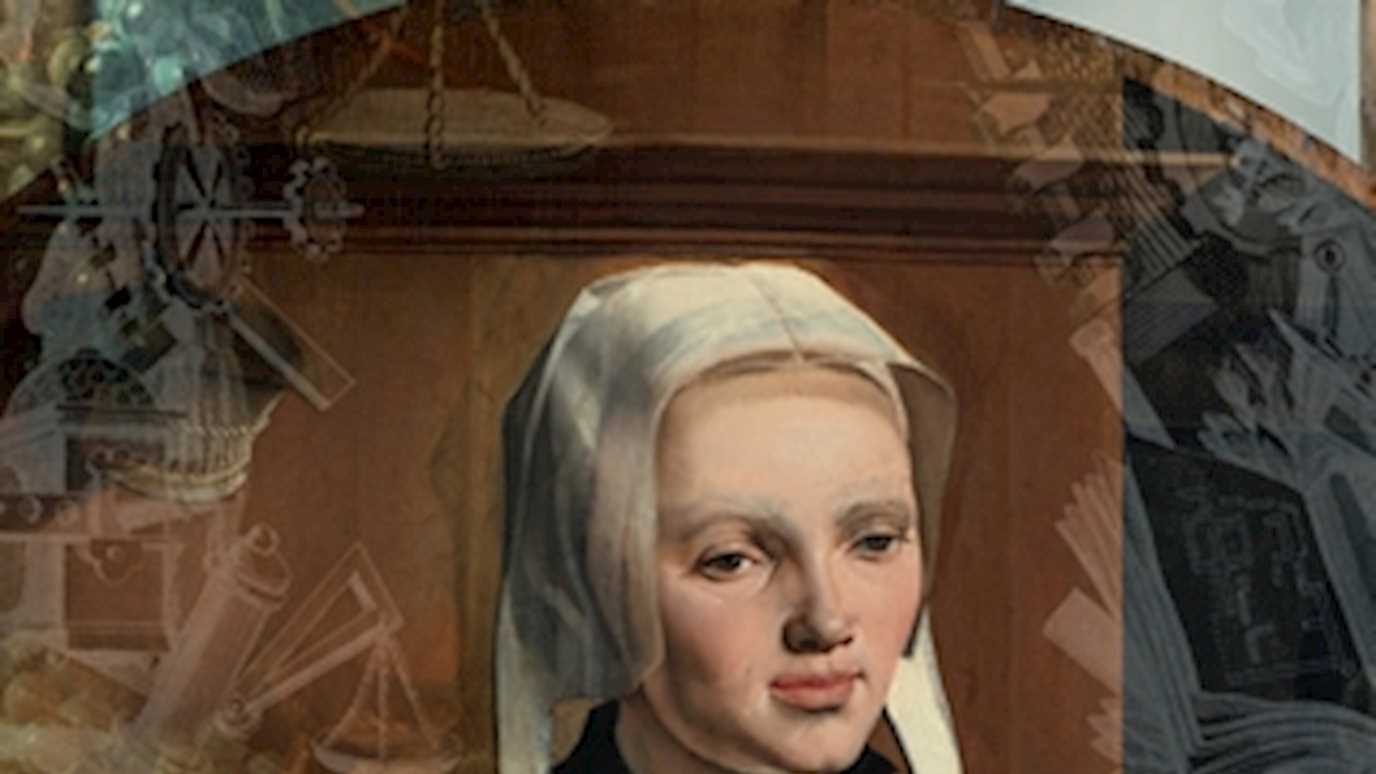Professor Jonathan Phillips has spent four days in Jaipur speaking at Jaipur Literary Festival and visiting Neerja Modi School.
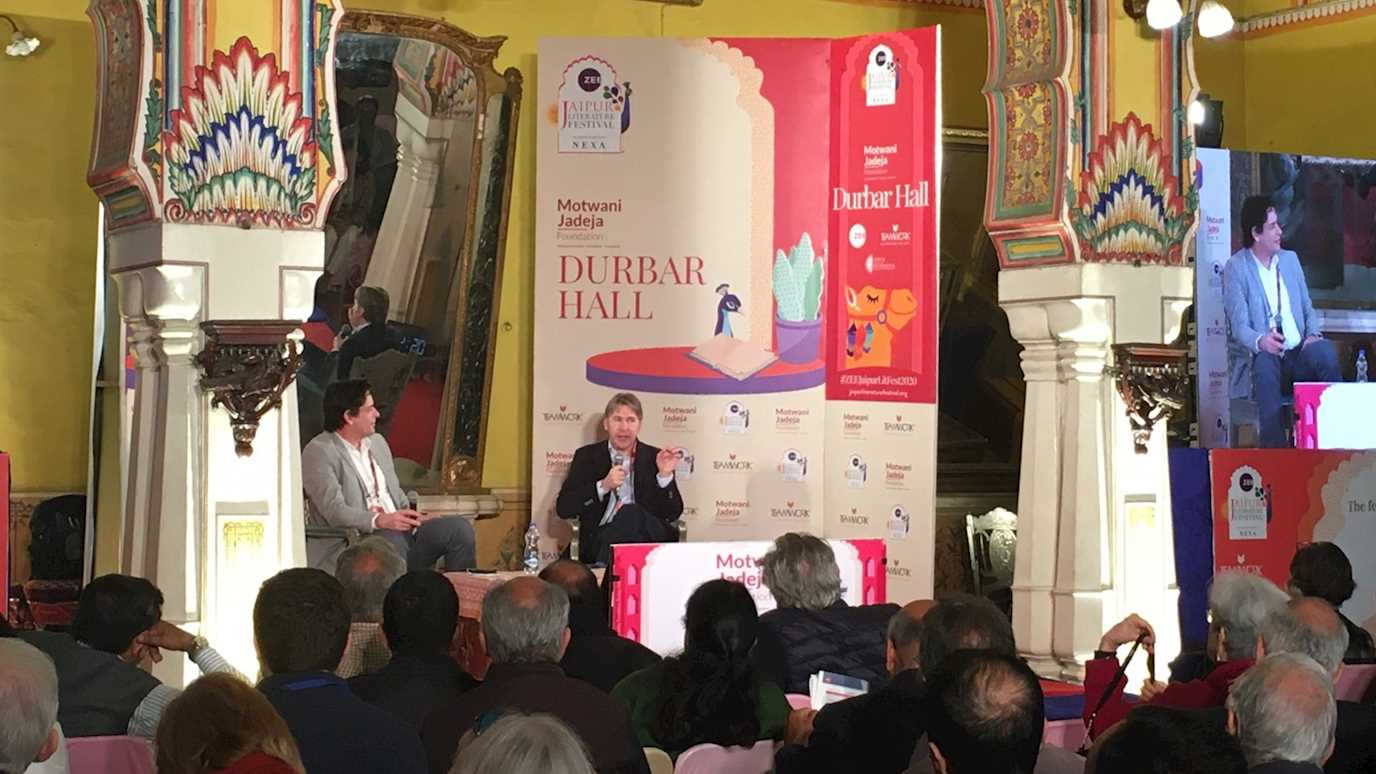
Thirteen years ago, the writer and historian William Dalrymple launched the Jaipur Literary Festival to an audience of 20 people. Today it is the biggest literary festival in the world with over 400,000 people flooding through its technicolour avenues over the 5 days it runs (23-27 January 2020). Free to attend, it is impossible not to be energised by the excitement and enthusiasm of the crowds and has become a focal point for writers, commentators and performers, ranging across literature, politics, history, music, film, science, art and food.
I was lucky enough to be invited to discuss The Life and Legend of the Sultan Saladin with medieval Islamic expert Professor Brian Catlos of the University of Boulder, Colorado. Set in the brightly painted Durbar (Court) Hall, the conversation format encouraged dialogue with the audience and generated questions that ranged from the role of jihad in the medieval and modern worlds, Saladin’s relations with women, to why he is remembered so positively in the West. It was striking that along with the big local contingent, people from across India and South Asia were present; taking a question from a man actually called Salahuddin was a particular treat. The festival was a chance to meet and to see multiple literary and media luminaries (Channel 4 international correspondent Lindsey Hilsum talking on Marie Colvin was superb) with the current tensions in Indian politics giving a debate on the legacy of Gandhi a sharp contemporary resonance.
I did slip away from the festival for one morning to visit the Neerja Modi School. A big crowd of mightily attentive and inquisitive students from years 9, 11 and above awaited me - and what fabulous questions they asked – some very impressive and sharp-minded young people; future historians (preferably at RHUL), no doubt.


Overall, an utterly extraordinary, noisy, dazzling and absorbing experience.










